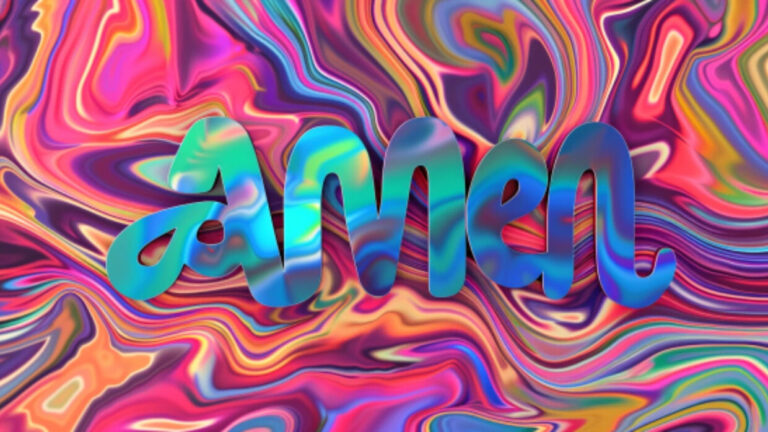It is a way of affirming your belief based on evidence and aligning yourself with the core tenets of Jewish thought. Amen is used in prayer, liturgy, and daily life as a declaration of truth and alignment with the mission of the Jewish people. Its biblical meaning is related to belief, acceptance, and hope for the future. Despite its Hebrew origins, Amen has been adopted by Christianity and Islam, and is used in popular culture. Saying Amen is a commitment and a declaration of faith. Amen is also an acronym for El Melech Ne’eman, which means “God, the Trustworthy King,” and saying it is a way of declaring your belief, or alignment, with the core tenets of Jewish thought. Amen is used throughout the Hebrew Bible, and has since been appropriated by Christianity and Islam as well. In contemporary Jewish usage, it is said after almost every blessing and prayer, and is an integral part of saying and responding to “Kaddish,” the plea for God’s purpose for creation to be revealed.
**FAQs:**
**What does Amen mean in Hebrew?**
Amen (אמן) is a Hebrew word that shares a common linguistic root with emunah (אמונה), the Hebrew word for belief. Saying Amen is a way to acknowledge the truth of a statement, to accept a vow upon yourself, or to express your hope that a statement, or something you heard, will come true in the future.
**What does Amen mean at the end of a prayer?**
Saying Amen at the end of a prayer is a way of saying “I agree with that,” or “I concur,” or “I believe that what you just said is true.”
**How to write Amen in Hebrew**
In Hebrew, Amen is written with the three Hebrew letters, Alef (א), Mem (מ), and final Nun (ן); and looks like this: אמן
Source link

